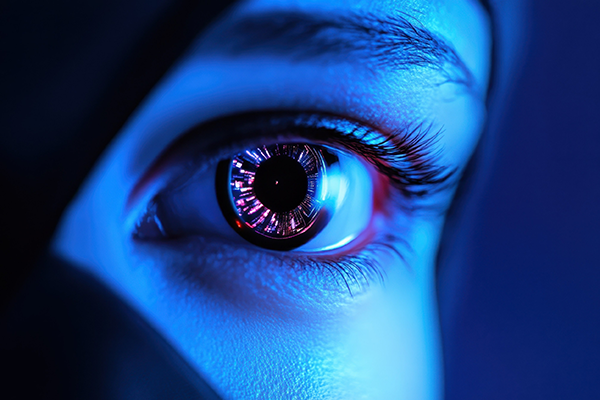psychic awareness
How I Learned To Trust My Psychic Premonitions
 I was just 16 years old when I had my first powerful premonition.
I was just 16 years old when I had my first powerful premonition.
At the time, I didn’t know what to call it. I didn’t have the right words or spiritual understanding to describe the feeling. All I knew was that something inside me, like a quiet inner voice, spoke with a certainty that was not just in my imagination. It felt like a clear knowing.
A close family member had recently become engaged to his long-time girlfriend. They were the perfect couple. They were always together, and they had a lot of potential. It seemed like their love would last forever.
Everyone in our family, including our friends, thought we would be the kind of couple who could overcome any challenge together. Their future was full of possibilities.
One afternoon, he excitedly told me she had passed the exams to join the police force. They had just bought a home together. The future looked great, and there was a lot of potential. I smiled at him, feeling happy for him.
But something didn’t feel right. A soft inner voice whispered: She will leave him for a policeman.
This simple, unexpected thought bothered me, but I pushed it away. Maybe it just me worrying about the stories I had heard about adult relationships that didn’t end well.
Three months later, she left him and started a relationship with a fellow police officer.
The Great Awakening: You Were Born for This Moment!
 The shift is constantly rising. The veil continues to lift. Some feel it more than others. We are living in a very different energy frequency today, compared to a decade or two ago.
The shift is constantly rising. The veil continues to lift. Some feel it more than others. We are living in a very different energy frequency today, compared to a decade or two ago.
These are the days you want to walk with caution and discernment, and there are many different tools you can use to get in tune with your higher self and experience some of these wonderful things.
You can now increasingly see and feel things before they happen, you can experience wonderful things, but you must be living with your heart and mind open to connect with others and live with clarity and lightness of being.
There are things you can do to raise your vibration to match the global awakening, just as there are things you can do to lower your vibration. Unconditional love, and keeping your heart and mind open, raises and connects you to others who are on the same path as yourself.
You can connect with other light beings and enlightened souls by being positive, as well as through meditation, prayer and listening to uplifting music. Some of my favorite music is classical and Indian mediation music. I find it heightens my frequency a lot.
Become a part of the great awakening, the wonderful age that we are living in right now. You don’t want to live with blinkers on, you want to be alert and know who your companions are and make sure they are not sucking the life out of you. You want to surround yourself with positive, spiritually aware people.




